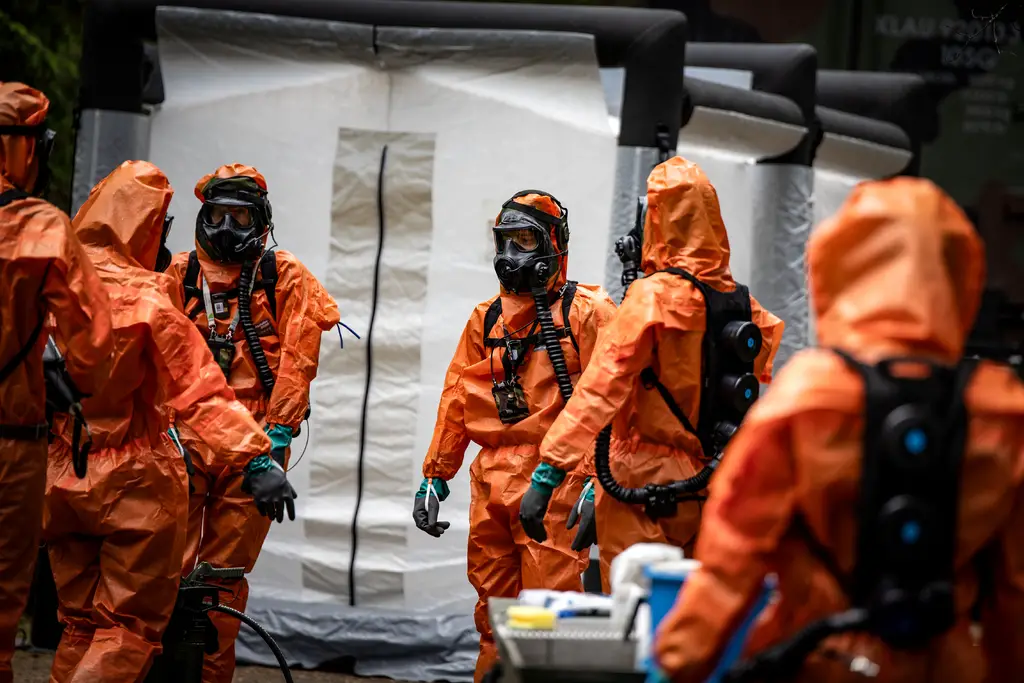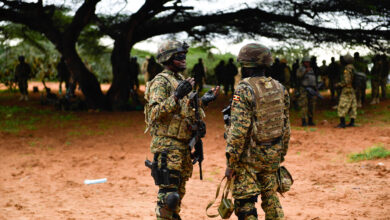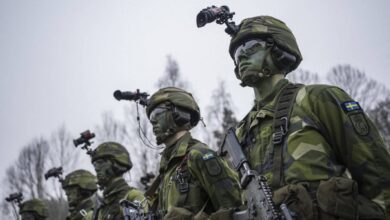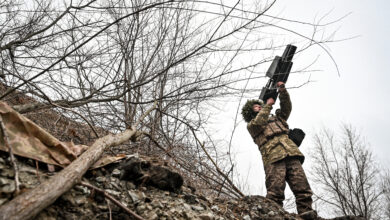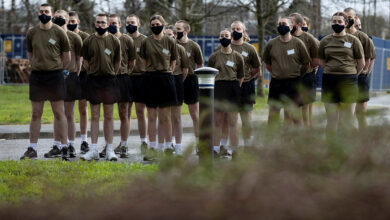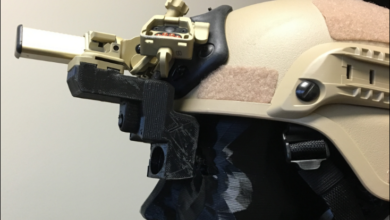NATO has conducted a Chemical, Biological, Radiological, and Nuclear (CBRN) training for its armed forces members at the Hradiště Military Training Area in the Czech Republic.
The activity involved more than 800 CBRN personnel from 13 NATO countries including the US.
Using “a hundred pieces of special equipment,” the teams simulated operations based on current CBRN-associated events.
The host nation wrote that specialized harmless chemicals were applied to mimic the presence of toxic substances throughout the program.
Missions also incorporated preparations dealing with weapons of mass destruction.
Sessions were organized by the Czech Army’s Liberec-based 31st CBRN Defence Regiment in partnership with NATO Framework Nations Concept – Cluster CBRN Protection.

“Individual incidents are designed to verify a wide range of CBRN defence capabilities of NATO units, including Czech ones, in a multinational environment, strengthen interoperability, and last but not least, share experience and procedures,” 31st CBRN Combat Readiness Chief Maj. Radek Koštejn explained.
“Presently the most serious threat are chiefly nuclear weapons.”
“That is why we are including, apart from chemical incidents, also incidents with live radioactive agents in the scenario. Units can therefore practice their detection and subsequent deactivation.”
In some deployments, the warfighters formed a group of four multinational units to test their cooperation.
“In the preparation process, commanders of these units have to take into account the differences in the units’ capabilities and standard operating procedures,” Koštejn stated.
CBRN Training in Czechia
According to the Czech Republic, the training in Hradiště was the first CBRN activity conducted in the area since 2018 due to restrictions brought by the COVID-19 pandemic.
After the global health concern eased in 2022, the training was further moved due to the Czech CBRN specialists being deployed for NATO’s enhanced Forward Presence in Lithuania which served as a response to Russia’s continuing aggression in Eastern Europe.
The Czech Army said that future iterations of the CBRN training will now be held biennially.


